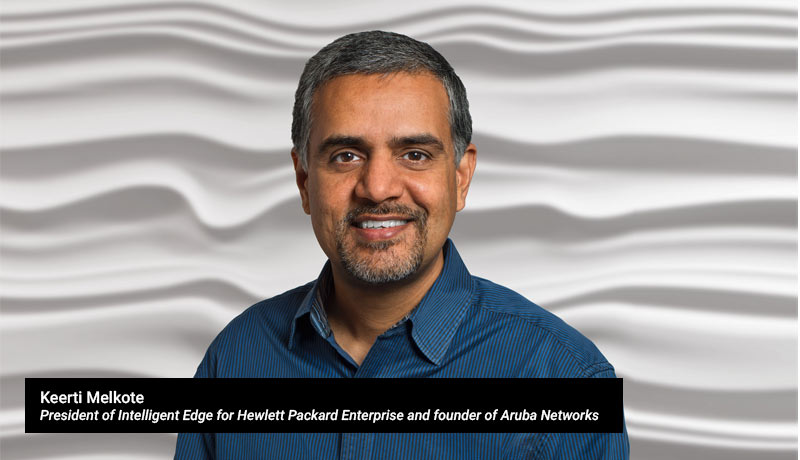
Two significant trends have dominated networking technology during the last decade: the increased demand for mobility and the movement of applications and data to the cloud. Taken together, these revolutions have completely transformed the IT landscape – from the mobility era, to the cloud era. This shift is now preparing us for the next phase—the adoption of the Intelligent Edge in 2021.
IT teams will take the next step on this transformational journey to the Intelligent Edge and begin to create the requisite infrastructures. As they do so, it won’t just be about connecting constituents to the cloud, but how users and IoT devices are connected, including how using data generated at the edge can power new experiences and business outcomes.
Of course, IT teams will make these moves as the impact of COVID-19 continues to reverberate, requiring the crucial capabilities the Intelligent Edge provides to enable organizations across all industries to more fully support remote workers, deliver the necessary capabilities that allow a safe return to the workplace, and enable business continuity initiatives.
Then, as we progress into the post-pandemic world, the Intelligent Edge, combined with flexible, as-a-service consumption models, will provide organizations with the security, insights and flexibility they’ll need to adapt to and succeed in what is sure to be an incredibly dynamic business environment.
Specifically, we are seeing customers aiming for flexibility. They are embracing networking-as-a-service (NaaS), as it provides increased options for both on-premise and cloud-based delivery of IT, including access to the latest hardware and software network components in addition to cognitive AI-based services to get the most out of data. All of this better facilitates the successful implementations of automation and data analytics initiatives that position IT leaders in proactive and even preemptive control of their respective networks, ensuring optimal performance and better outcomes. And at the end of the day, this is how IT really impacts business.
Looking ahead to next year, here are the main areas where I think we’ll see major progress:
While 2020 was a year of unprecedented challenges on many levels, the innovations that we have seen in networking technology over the last 12 months have provided us with some relief and some new ways of coping. The pandemic has also forced IT further into the spotlight as CEOs have come to recognize its importance to help weather those challenges and even provide competitive advantages. Those advantages may extend from workforce enablement, creating a happier and more productive workforce, to powering new business initiatives and products.
As we enter 2021, we’ll continue to build upon these innovations and find new ways to leverage the many capabilities and benefits of the Intelligent Edge to face and overcome whatever new challenges may lie ahead.